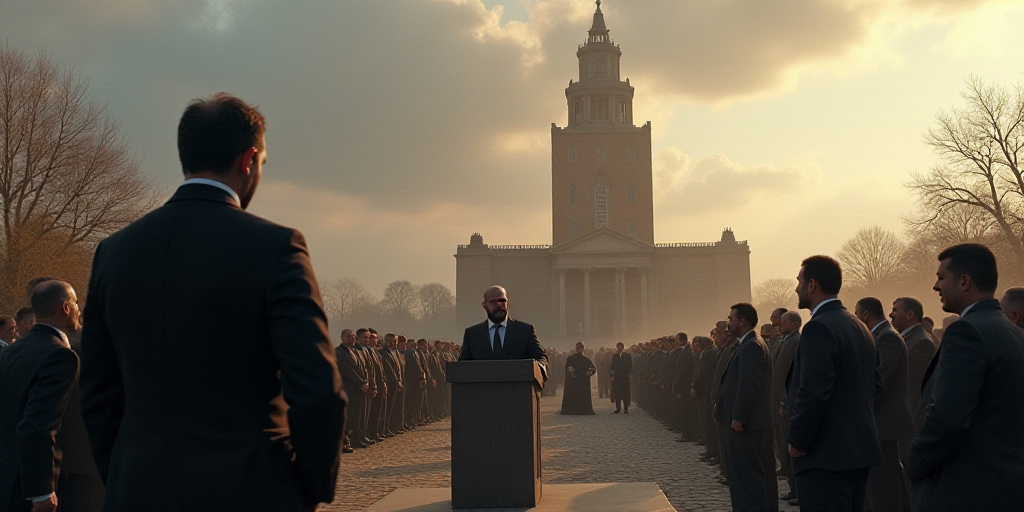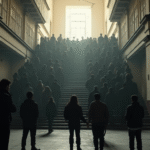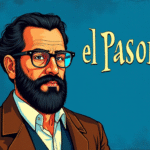Background and Key Players
Ukraine, backed by its allies including the United States, has issued a 30-day ceasefire ultimatum to Russia. This demand was made during a visit by leaders from Germany, France, Poland, and the United Kingdom to Kyiv. The move is a symbolic response to Russia’s lavish celebrations the previous day marking 80 years since victory over Nazi Germany, attended by foreign leaders such as China’s Xi Jinping.
Who are the Key Figures?
- Ukraine: The country at the heart of the conflict, seeking a ceasefire to end Russian aggression.
- Russia: The aggressor nation, accused of numerous war crimes and human rights violations. Led by President Vladimir Putin, Russia has been accused of deliberately targeting civilian areas and infrastructure.
- European Leaders: Including Germany’s Friedrich Merz, France’s Emmanuel Macron, and the UK’s Keir Starmer, who have shown strong support for Ukraine and pledged continued aid.
- United States: Under President Donald Trump, the US has been a key ally to Ukraine, promising to supervise any agreed ceasefire and contribute to sanctions against Russia if necessary.
The Ceasefire Demand and Russian Response
Ukraine has proposed a 30-day ceasefire multiple times in recent weeks, but Russia has consistently rejected it, citing unmet demands such as the cessation of Western arms deliveries to Kyiv. In response, the allies have threatened “massive sanctions” coordinated between Europe and the US if Russia refuses or violates the proposed truce.
Russia’s response, through Kremlin spokesperson Dmitri Peskov, was that they would “reflect” on the ceasefire proposal but deemed external pressure “futile.” Peskov also stated that a truce would only benefit Ukraine if Russian troops were not advancing on the front lines.
International Support and Unity
The visit of European leaders to Kyiv symbolizes a united front against Russian aggression. British Prime Minister Keir Starmer emphasized the “absolute unity” among participating nations, including the US. German Chancellor Friedrich Merz pledged to continue “massive support” for Ukraine in the absence of a Kremlin response.
Ukrainian Foreign Minister Andrii Sibiga reported a “fruitful” phone conversation between President Volodymyr Zelenskyy and the four European leaders with US President Donald Trump. Sibiga believes a comprehensive ceasefire could pave the way for peace negotiations.
Russian Justifications and Concerns
Russia maintains that it will not cease fire until Western arms shipments to Ukraine stop. Kremlin spokesperson Dmitri Peskov has warned that any unilateral truce would only benefit Ukraine while Russian forces continue to advance.
Ukraine has reported numerous Russian frontline violations during a self-declared three-day truce, with concerns growing over potential long-range missile attacks following Russia’s closure of airspace above a military base. Since Trump’s return to the White House and his overtures towards Putin, Ukraine and Europe fear a secret deal being brokered without their consent.
Key Questions and Answers
- What is the demand? Allies of Ukraine, including the US, have demanded a 30-day complete and unconditional ceasefire from Russia starting Monday.
- Why is this significant? This ultimatum comes in response to Russia’s recent grandiose celebrations and amidst growing concerns over a potential secret deal between Russia and the US.
- What are the potential consequences if Russia rejects or violates the ceasefire? The allies have threatened “massive sanctions” coordinated between Europe and the US.
- How have key international leaders responded? European leaders, including Germany, France, Poland, and the UK, have shown strong support for Ukraine and pledged continued aid. US President Donald Trump has also committed to supervising any agreed ceasefire.






